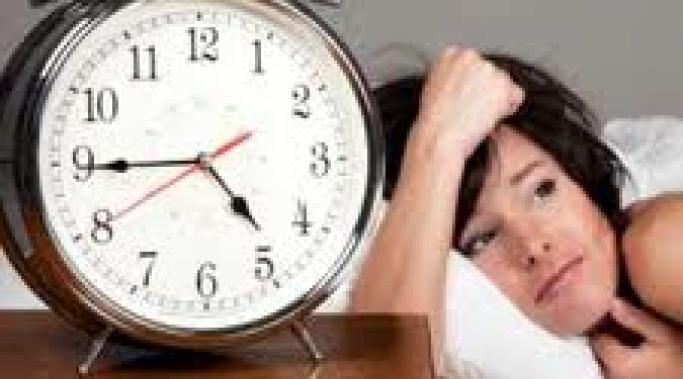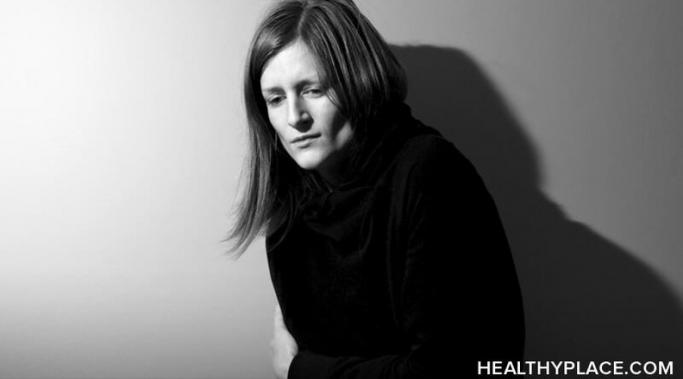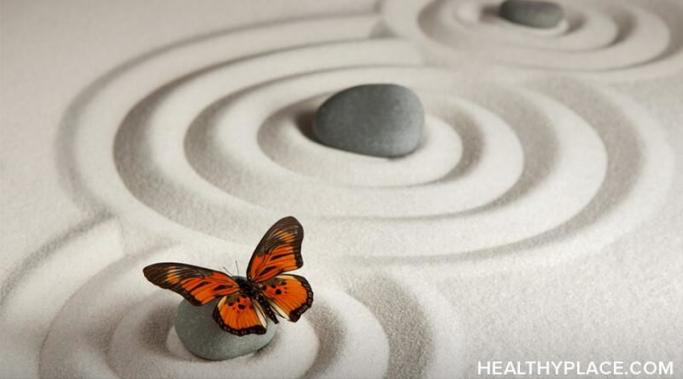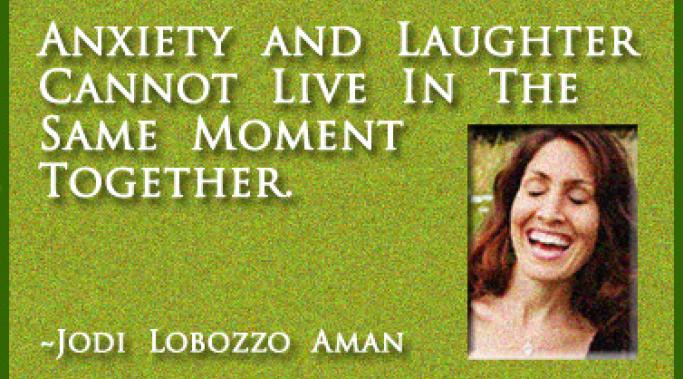Last night I woke at 2:45 AM from a nightmare drenched in a cold sweat. In the dream, I was trapped at home with my kids, while something strange was going on outside. We had to hide, lest we be shot at through the windows. The worse part was we weren't quite sure what was happening, so we did not know what to do to stop it.
All of my nightmares are similar to this one. I am in the middle of a war zone, hiding-- knowing that at any minute, I will be found by the enemy.
PD
Panic attacks suck the reality out of us!
I talked two people down from panic attacks recently and both of them had been worrying that they had lost touch with reality. They felt totally disconnected to the world around them. In talking to them, they were so convincing. I almost believed that this episode was different. But I let go of my own fear for them. (My worry doesn't help anyone.) I quickly assessed that they were not, in fact, psychotic. They were speaking rationally and eloquently.
And I remember from my panicky days how I felt different and disconnected.
How can coping tools help relieve panic attacks? Especially since most panic attacks feel like they come out of the blue, even though there is usually a trigger. The trigger is that you are scared of panic attacks. And why wouldn't you be? They are one of the most uncomfortable experiences on this planet. Having a list of tools can help reduce the number of panic attacks you experience and help you feel less afraid of the panic coming.
Graduated exposure therapy, also known as systematic desensitization, is a process of slowly exposing someone to what they are afraid of so it become familiar and un-intimidating. First, a person is taught skills in calming themselves that they can use while they expose themselves to the feared stimuli. With the dawn of the Internet (especially YouTube) people can use graduated exposure therapy in the comfort of their own homes (or in the therapy office).
Have you ever felt anxiety in a restaurant? Or avoided going out because you were afraid of having anxiety in a restaurant? You need to do it anyway (Exposure Therapy for Anxiety Disorders, Panic Attacks). This is the only way to get over it! Restaurants, then, become familiar and eventually can feel quite safe.
Many things seem to trigger people into panic attacks: a sound, sight, smell, or sensation that reminds someone of a past trauma, anticipation of a perceived fear (such as, knowing you have to sleep alone when your partner is out of town next week), a physical sensation (nausea) or a certain emotion (feeling overwhelmed, guilty, embarrassed). However, when I talk to people about the details in the moment before the panic attack, what invariably happens between this trigger stimuli and the panic is a fleeting thought -- one that people hardly realize as it crosses their mind. This is the anxiety trigger.
Fear is a biological response. The fearful stimuli tells our amygdala to release adrenaline (our “fight or flight” hormone). The sole purpose of this is to give us energy to fight or flee. In other words, its purpose is to get us to act, once we act, the fear is pointless. And, usually goes away, since acting has us feeling empowered, not so out of control. Our focus becomes on our tasks at hand, and the worry get relegated to the background.
"Cowards die many times before their deaths. The valiant never taste of death but once."
William Shakespeare, Julius Caeser
It was February 1977. We tumbled out of our wooden paneled station wagon, returning home from Indian Princesses, a YMCA craft and activity program to enhance relationships between fathers and daughters.






